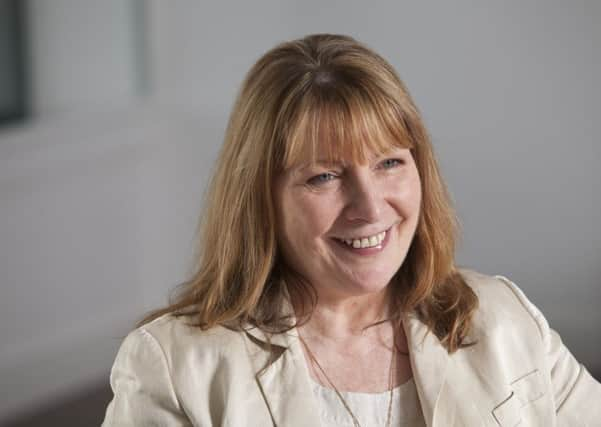Ann Stewart: Be prepared for some types of property tax increases


This additional amount of LBTT was only introduced in 2016, to mirror a similar supplement to stamp duty land tax for purchases of property in England. The ADS is intended to discourage second-home buyers and in turn make more properties available for first-time purchasers. The ADS applies to purchases of all subsequent residences, if not a direct replacement for the buyer’s main residence, which has been sold.
ADS is in addition the standard amount of LBTT due for residential properties, payable when a buyer purchases a dwelling, and at the end of the day on which that purchase settles, the buyer owns more than one dwelling. Currently, ADS is charged at 3 per cent of the “relevant consideration” ie the purchase price (if £40,000 or over), although ADS does not apply to all transactions. The rules that apply to ADS and the “main residence” requirement are complex, though Revenue Scotland published comprehensive legislative guidance on the application of the supplement in a March 2016 update, which can be easily found on its website.
Advertisement
Hide AdAdvertisement
Hide AdThe Budget proposal is to increase ADS from 3 to 4 per cent of the relevant consideration. If approved by the Parliament, the change will apply from this Friday [25 January 2019]: any residential transactions on or after this date that qualify as an additional property will be subject to an ADS rate of 4 per cent.
The purchase of a second home for £200,000 on 24 January 2019 will attract ADS at a rate of 3 per cent of the purchase price, totalling £6,000, in addition to any LBTT due on the transaction.
Buying the same property for the same price on 25 January 2019 will attract ADS at 4 per cent of the purchase price, amounting to £8,000.
While the amount of LBTT will remain the same, the increase in ADS means that, overnight, buyers could end up paying considerably more tax on the purchase of their additional property.
If the effective date of the transaction (usually the day of completion, ie when money and keys change hands) is on or after 25 January 2019, but the contract for the transaction was entered into before 12 December 2018, the old non-residential rates will apply, and ADS will only be charged at 3 per cent of the purchase price.
ADS not only applies to the purchase of additional dwellings located in Scotland, but applies to the purchase of a home in Scotland – even if it is the only Scottish property owned by the buyer – if that buyer owns a dwelling or dwellings anywhere else in the world. For example, if you have a villa in Spain, or an apartment in Paris, such properties would count towards determining whether or not ADS applies to the purchase of the Scottish home. Overseas buyers who own a home (or hold it under a tenure equivalent to ownership) anywhere in the world, will be liable to pay ADS on the purchase of a dwelling in Scotland.
The Budget also proposes changes to non-residential rates and bands for transactions completing on or after 25 January 2019. The first tax threshold is being lowered from £350,000 to £250,000, but the rate is being reduced to 1 per cent. The upper rate however is being raised from 4.5 per cent to 5 per cent. These changes will mean there is no longer any advantage over Stamp Duty Land Tax (SDLT) rates and bands at the higher rate.
Purchase price LBTT rate
Up to £150,000 0%
£150,000 to £250,000 1%
Above £250,000 5%
An order implementing these changes has already been made, but is subject to “affirmative procedure”, meaning that, unless approved by Parliament within 28 days of having been made (excluding days when Parliament is in recess) it will fall. Parliament is expected to vote on the Scottish Budget proposals in the coming weeks.
Advertisement
Hide AdAdvertisement
Hide AdAccordingly, unless missives have already been concluded before 12 December last year, affected purchasers may want to try to settle property purchases before 25 January 2019 to avoid having to pay the higher rate of tax or ADS.
Ann Stewart is a property and real estate adviser with Shepherd and Wedderburn LLP